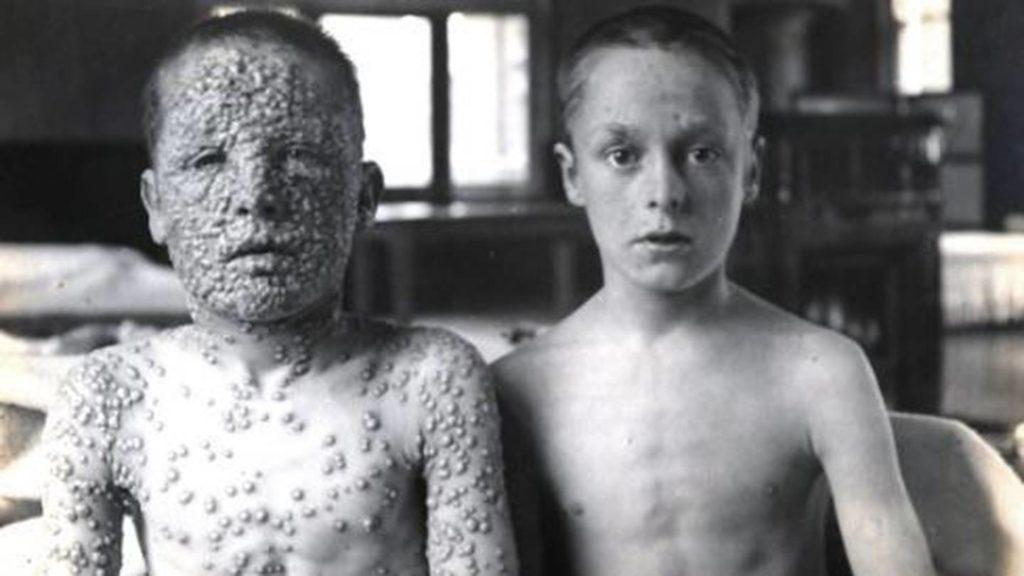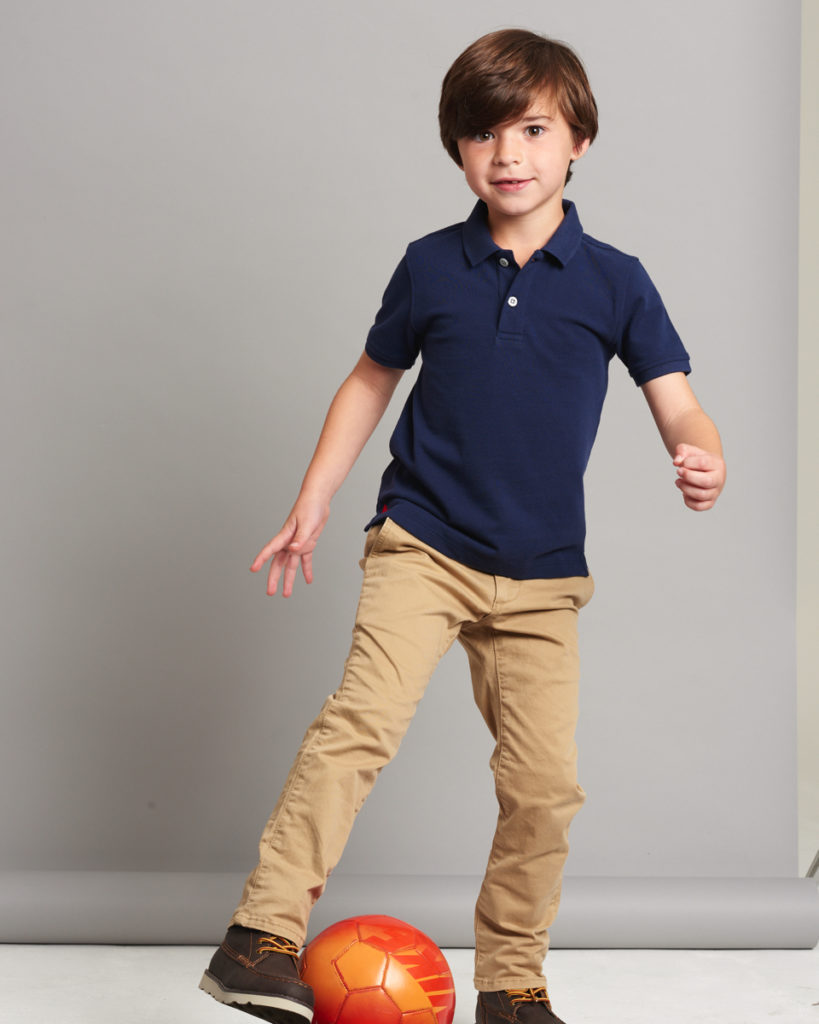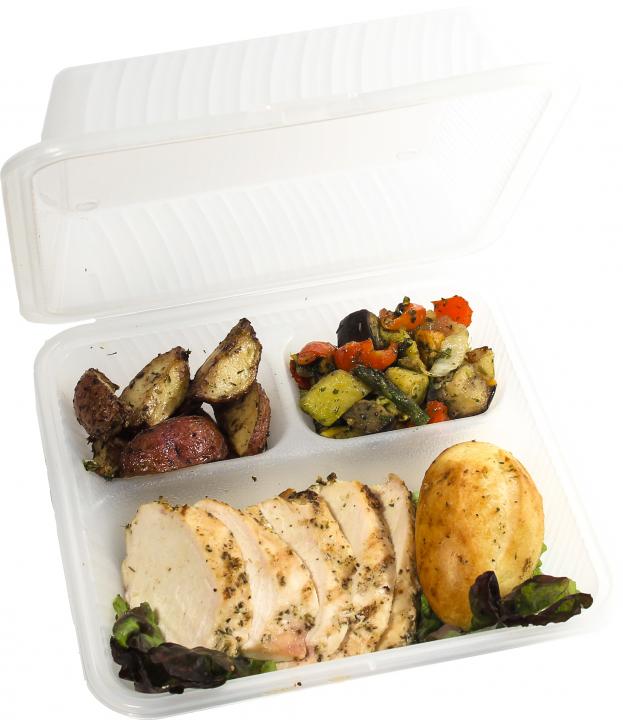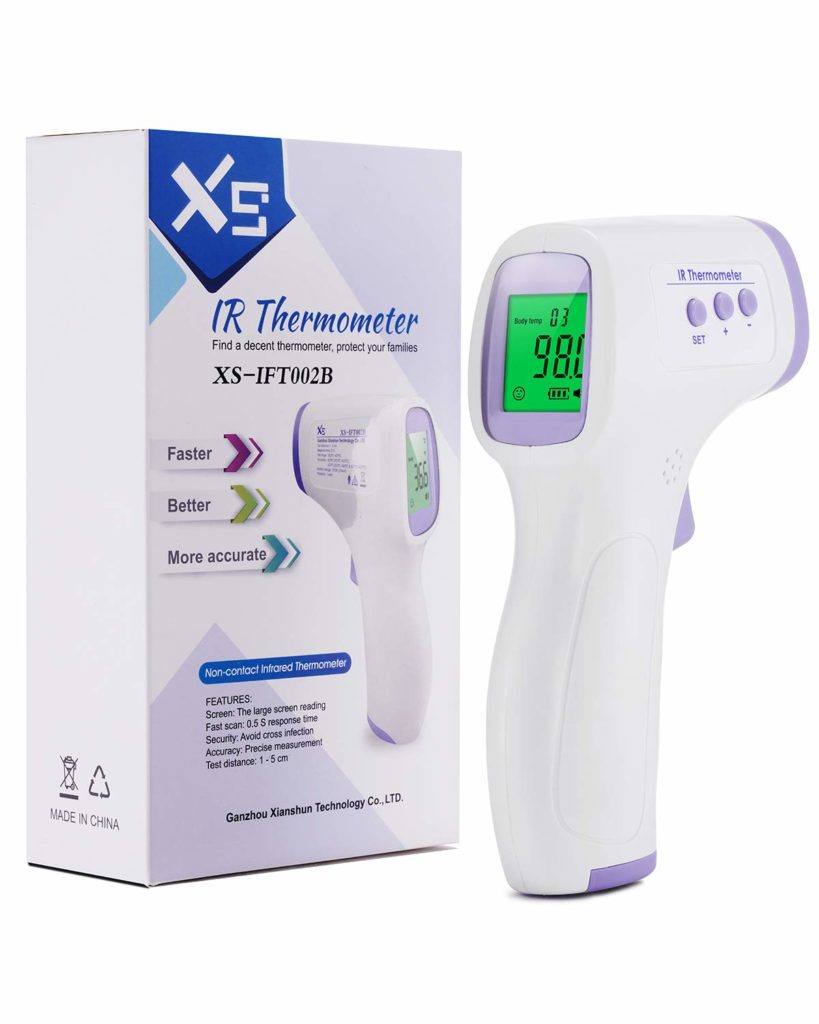In August, Governor Bill Lee of Tennessee signed an executive order giving parents the right to opt-out of local school mask mandates. Governor Lee said in his order that he supported Covid vaccination. He said that vaccines are: “The most important tool we have to fight the pandemic.” However, the governor said he was issuing this order because he is opposed to public school mandates and government mandates in general. Well, don’t they have school mandates in Tennessee? Yes, they certainly do.
Public school mandates in Tennessee are among the harshest in the country. In Tennessee, schoolchildren as young as 7 years of age have been arrested and taken to jail in handcuffs for offenses such as cursing in a school playground. In 2016, 11 schoolchildren were arrested in Rutherford County for watching a fight. The 2 children who were fighting were 5 and 6 years old and were not arrested because of their age, but the children who watched the fight were older and arrested and taken to jail for failure to stop the fight.
Does Tennessee allow paddling and beating of school children? Yes, but with one exception. Disabled children cannot be beaten by school teachers or school staff in Tennessee without permission of the parents. If the parents give their permission, then school teachers in Tennessee can beat physically and mentally disabled children for offenses such as tardiness. The hypocrisy of some politicians about their opposition to school mandates seems astonishing to me! Over 700,000 Americans have already died from Covid. How many school children have died from tardiness? Yes, I know. I have written about this before.
GEORGE WASHINGTON AND SMALLPOX. Anti-vaxxers say that vaccination mandates violate their rights as American citizens. Well, the Founding Fathers of the United States didn’t feel that way. Early in the American Revolution, smallpox ran rampant through George Washington’s army. During the Battle of Quebec in December 1775, Washington’s army was so weakened by smallpox that they had to call off the battle and retreat back to New York. Washington tried a number of measures to control the epidemic, including quarantines, but nothing worked. Finally, in 1777, Washington opted for smallpox vaccination of his troops. Although the method of vaccination available at the time was crude, it works. Once a soldier was vaccinated, he got a lifetime immunity from smallpox. Washington ordered all of his troops vaccinated for smallpox, and with no exemptions, no opt-out. Washington informed John Hancock of his decision. Hancock was the president of the Continental Congress at the time. Neither Hancock nor any other member of Congress objected to Washington’s decision to make smallpox vaccination mandatory. So – we actually know that the Founding Fathers were not opposed to mandatory vaccination.
Below is a famous photo taken around 1900 of two 16 year old boys. Both were exposed to smallpox at the same time. One boy was vaccinated. The other was not. This photo appeared in newspapers all over the U.S.






